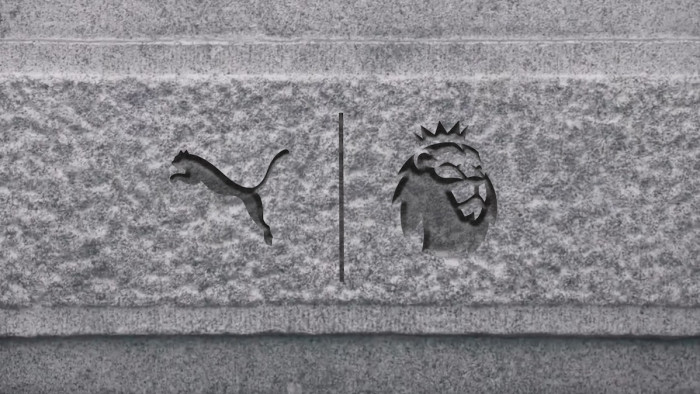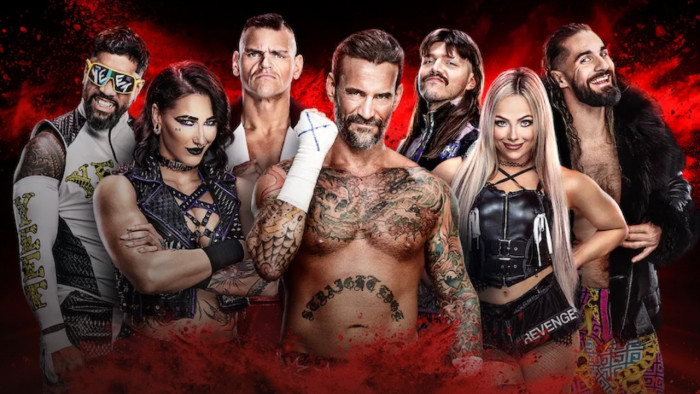Joey Barton makes some valid points, but that doesn’t mean his betting ban is wrong
The situation is more nuanced than some claim


Joey Barton accepted he has essentially been forced into early retirement if his appeal against his 18-month ban for gambling offences is rejected.
The former QPR, Newcastle United and Manchester City midfielder has accepted that he broke the rules by placing more than 1,200 bets on football, including games involving teams he was on the books of at the time.
These included at least one wager on himself scoring a goal, and one occasion where he bet against teammate Georgios Samaras scoring the first goal in a game which Samaras would end up starting from the bench.
There is no suggestion that Barton was acting on inside information, but whether he was or he wasn’t is beside the point here. The rules which he broke are in place to stop players placing bets in scenarios where they can have an unfair advantage, so Barton – or at the very least those advising him – should have known better.

While debate will surely rage with regard to Barton’s actions and punishment, the same applies to other comments made by the 34-year-old in his statement.
‘I think if the FA is truly serious about tackling the culture of gambling in football, it needs to look at its own dependence on the gambling companies, their role in football and in sports broadcasting, rather than just blaming the players who place a bet,’ Barton writes, adding that he is not alone in having ‘a problem with gambling’.
Half of the teams playing Premier League football in the 2016-17 season carry the name of an online gambling company on the front of their shirts, including Barton’s club Burnley, and the remaining 10 all have at least one regional or global betting partner. The logos of these partners will feature anywhere from official player or staff interviews to social media feeds, to the point of what must feel to many like near ubiquity.
And that’s ignoring the countless adverts for sports betting companies which can be seen throughout matchday broadcast coverage of all 20 teams.
Is that something that warrants a detailed discussion? Very possibly. Does it excuse Barton’s actions or mitigate the amount of time for which he should be suspended? Absolutely not.

In Barton’s statement, he lists the 30 ‘most pertinent’ games listed by the FA, including many where he backed his own team and many where he bet against the team he was under contract with at the time.
He claims to have never bet against his team for games in which he was involved, but he did place wagers on at least two games in which he was in the starting XI: Manchester City v Fulham in April 2006 (where he bet £3 on himself to score first) and Stevenage v Newcastle United in January 2011.
Barton may claim that “Set alongside what we are privileged to earn as footballers, my betting stakes are relatively small,” but again this is immaterial in relation to the offences for which he has been charged. Any cut-off point for amounts bet would surely be arbitrary, making a blanket ban a far safer course of action.
As for the argument he makes with regard to football’s betting culture? He is at least half-right when he says ‘this is not an easy environment in which to try to stop gambling, or even to encourage people within the sport that betting is wrong’.
To make this point undermines the fact that the harsh punishments in place are there to deter players from using an unfair advantage in situations where they could be privy to information not available to the public. Footballing authorities should not be addressing the situation with lenient punishments – they should be doing all they can to help those within the game who, like Barton, feel they are at risk of addiction.

Comparisons have been made with the way the Premier League has dealt with players found using drugs, for which players have reportedly been handed substantially shorter bans.
Authorities are understood to be keen to educate players who have been caught with recreational drugs in their system, and such a scenario is not the equal of the law of which Barton fell foul.
A closer comparison – at least where the spirit of the law in question is concerned – comes with performance-enhancing drugs. These similarly have the capacity to affect the outcome of a game, and as such they carry a suspension more in keeping with the 18 months handed to Barton.
And as for those comparing Barton’s ban to those meted out for other offences, such as violent conduct or racial abuse? Maybe it’s not that Barton’s ban is too long, but rather that those are far, far too short.
(Images: Rex)
Latest
Related Reviews and Shortlists









